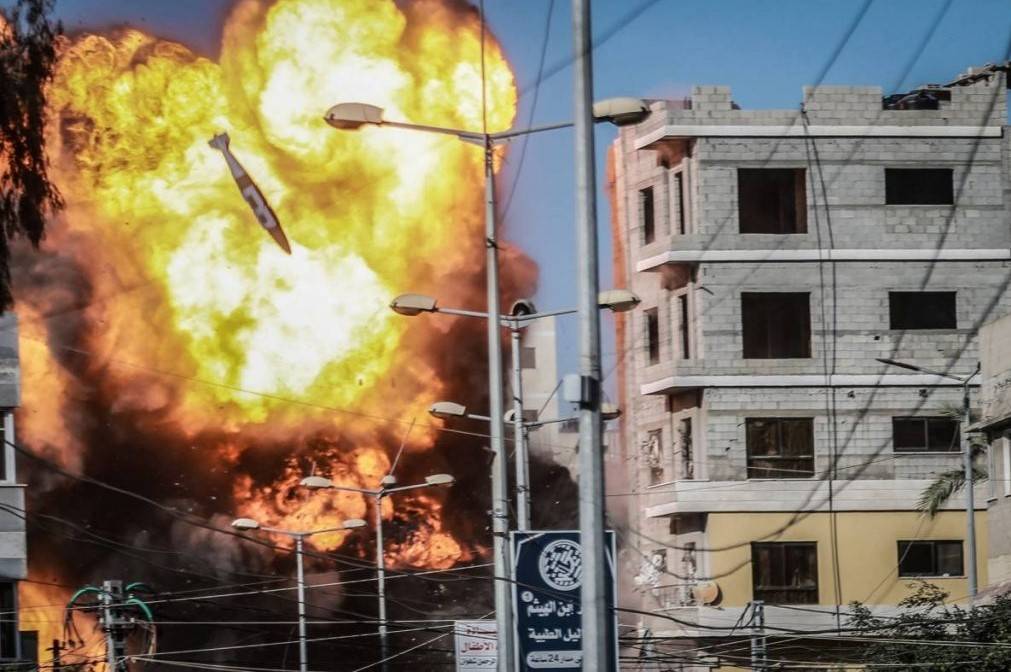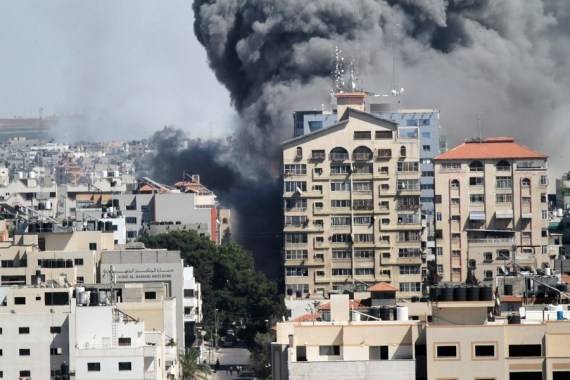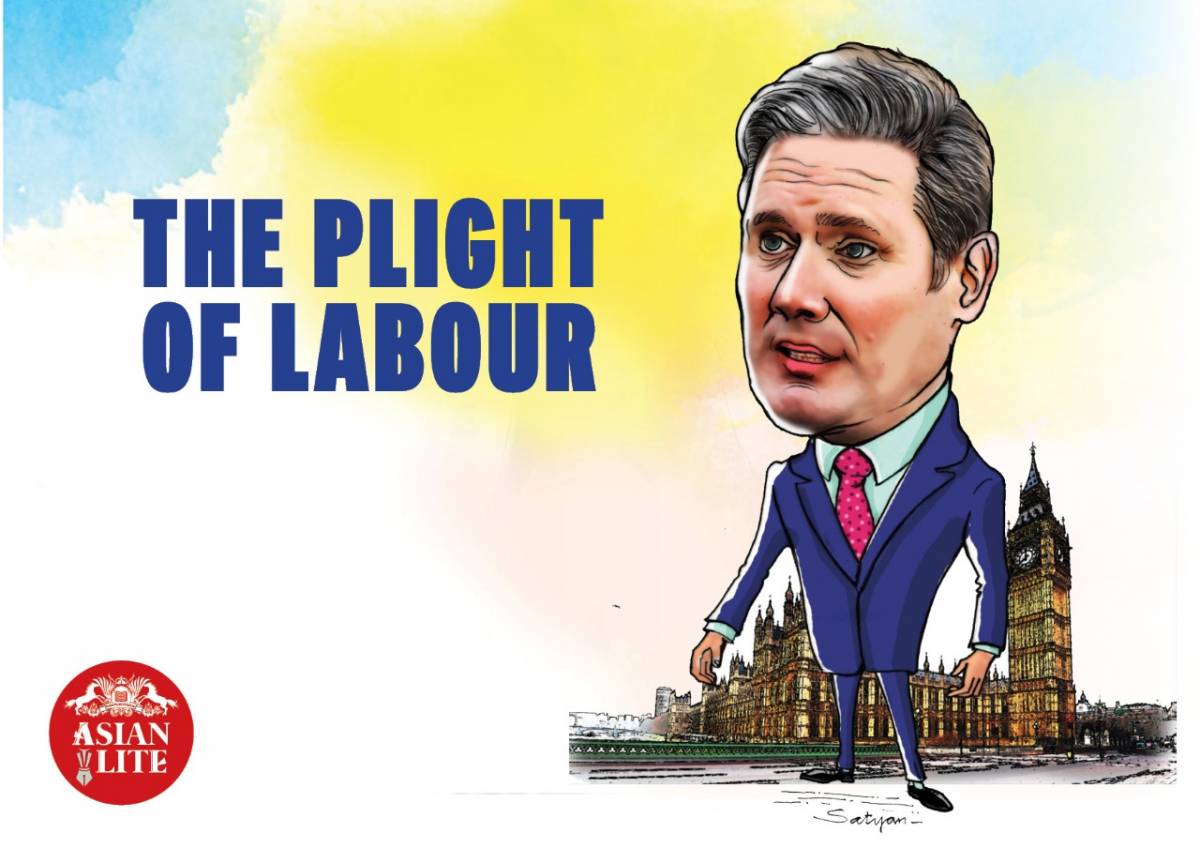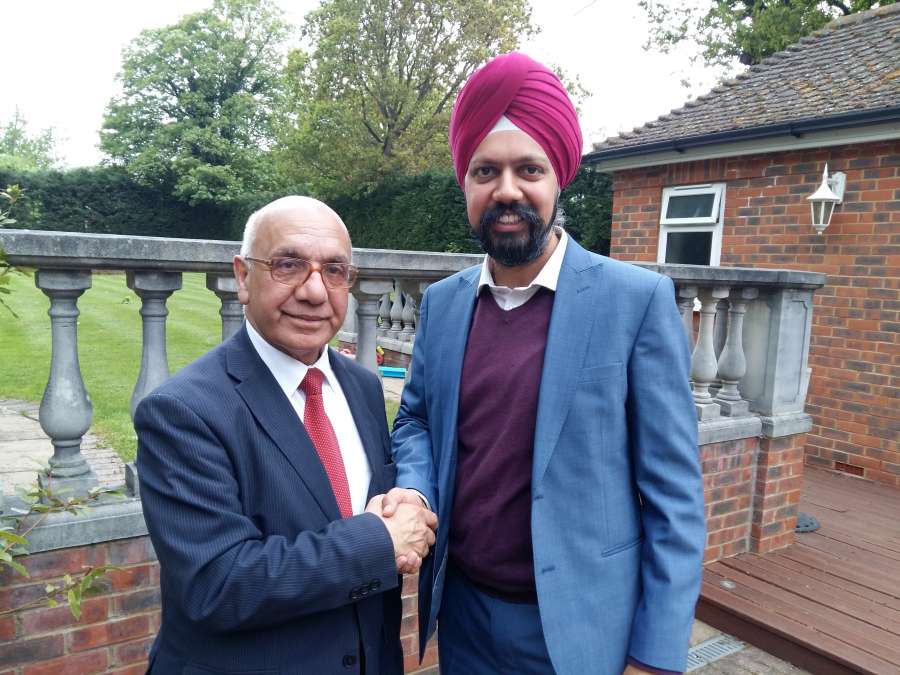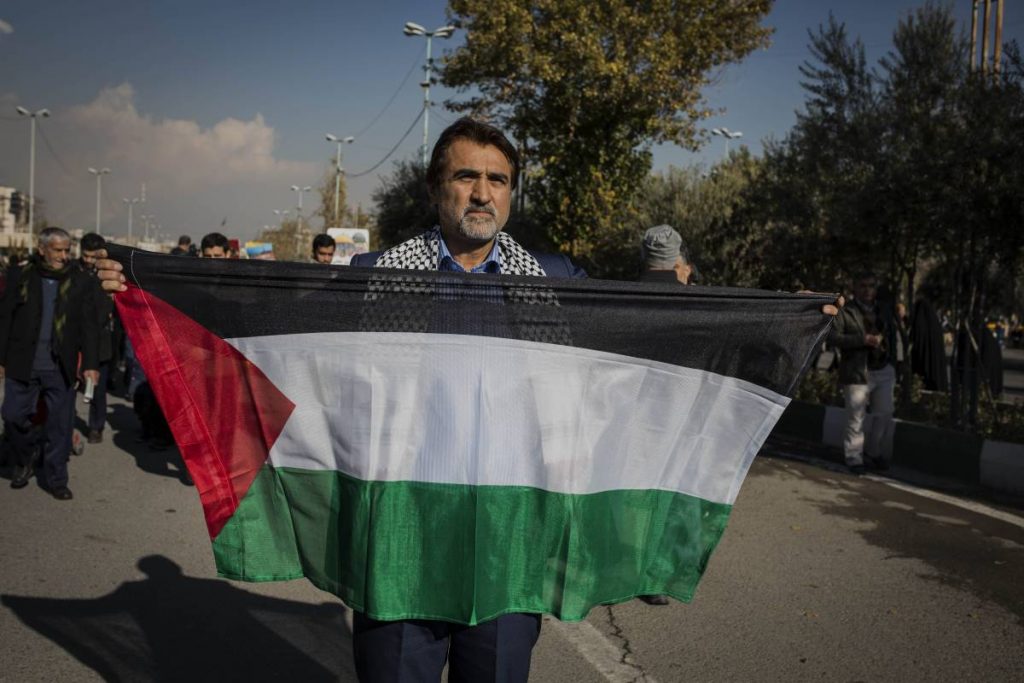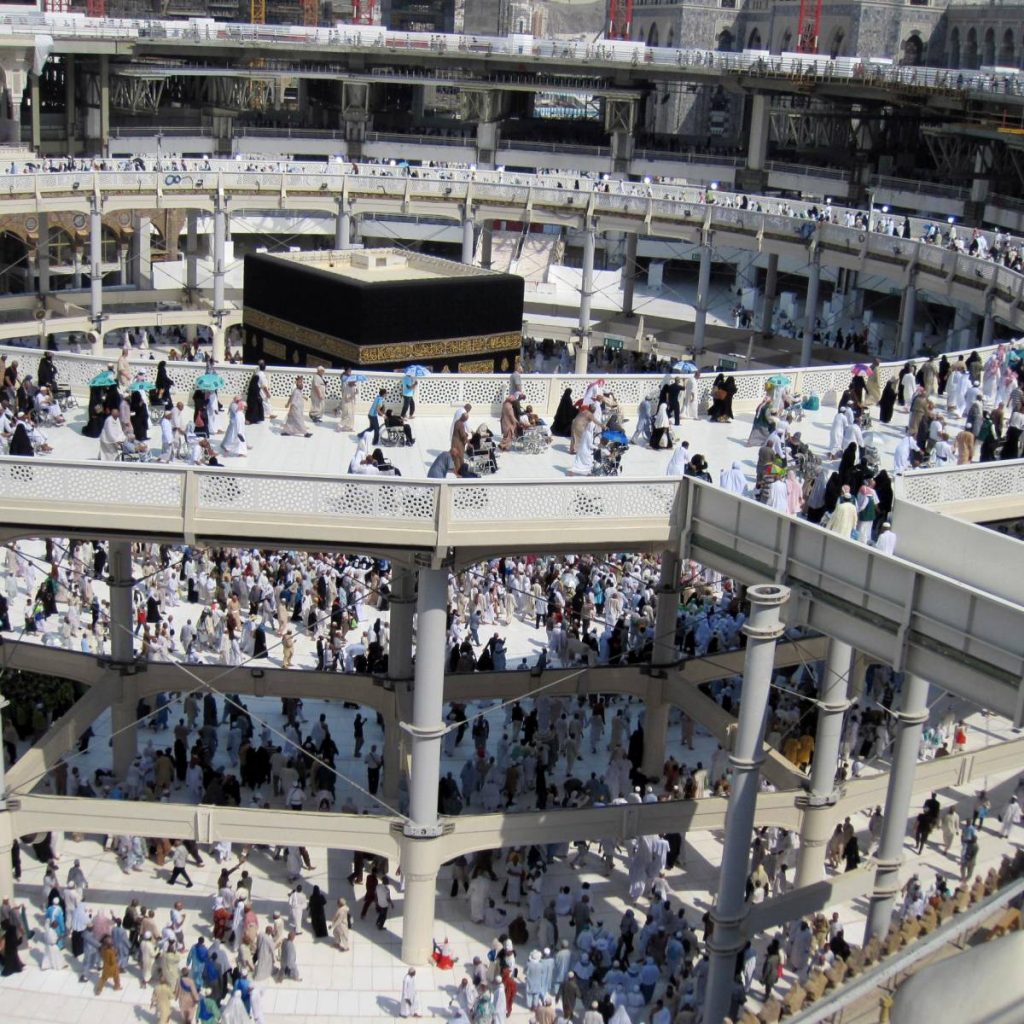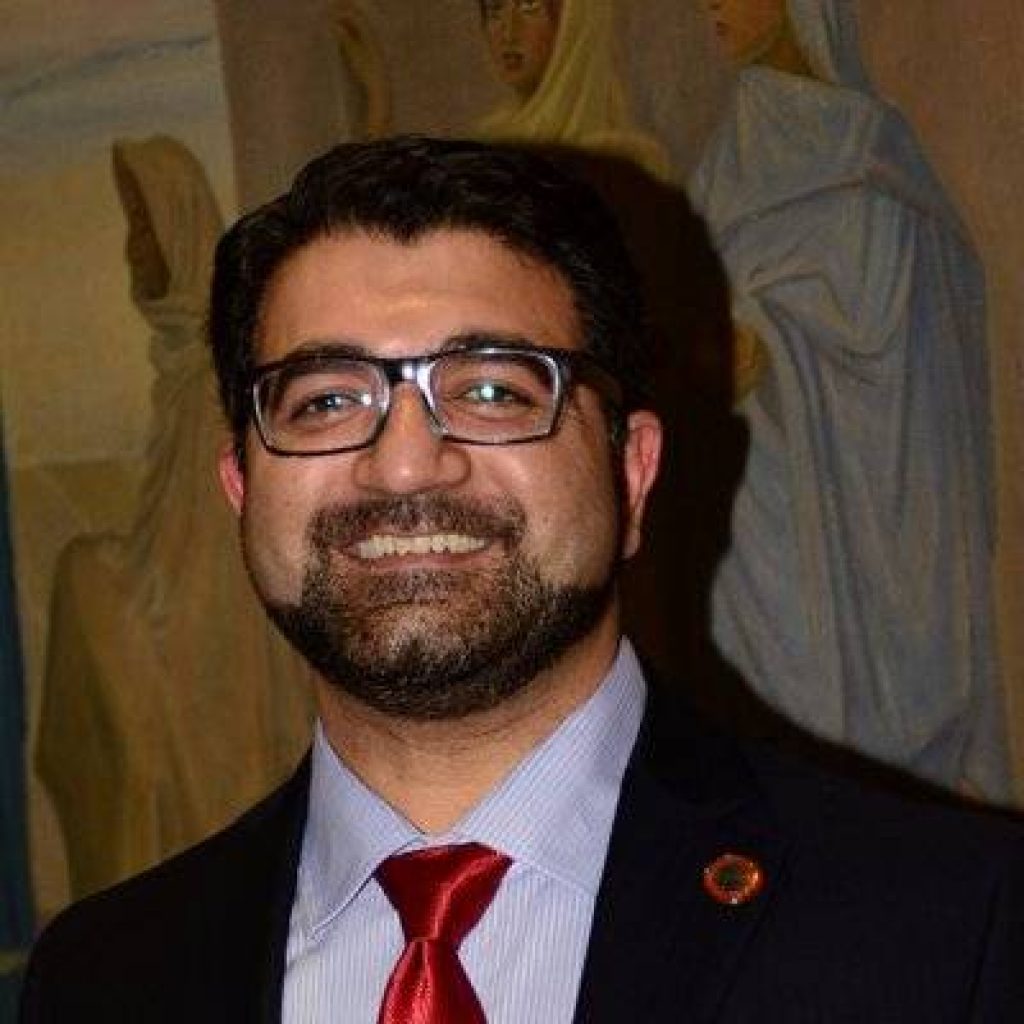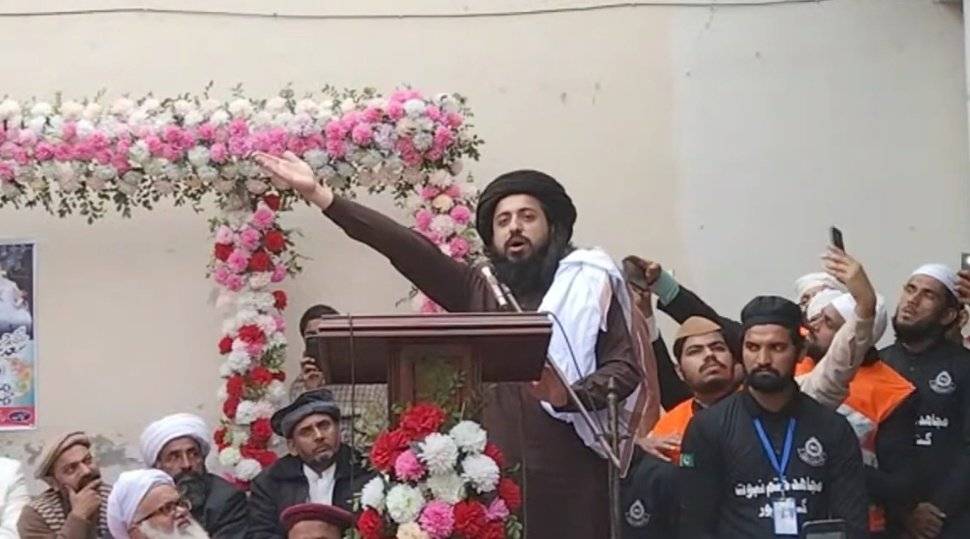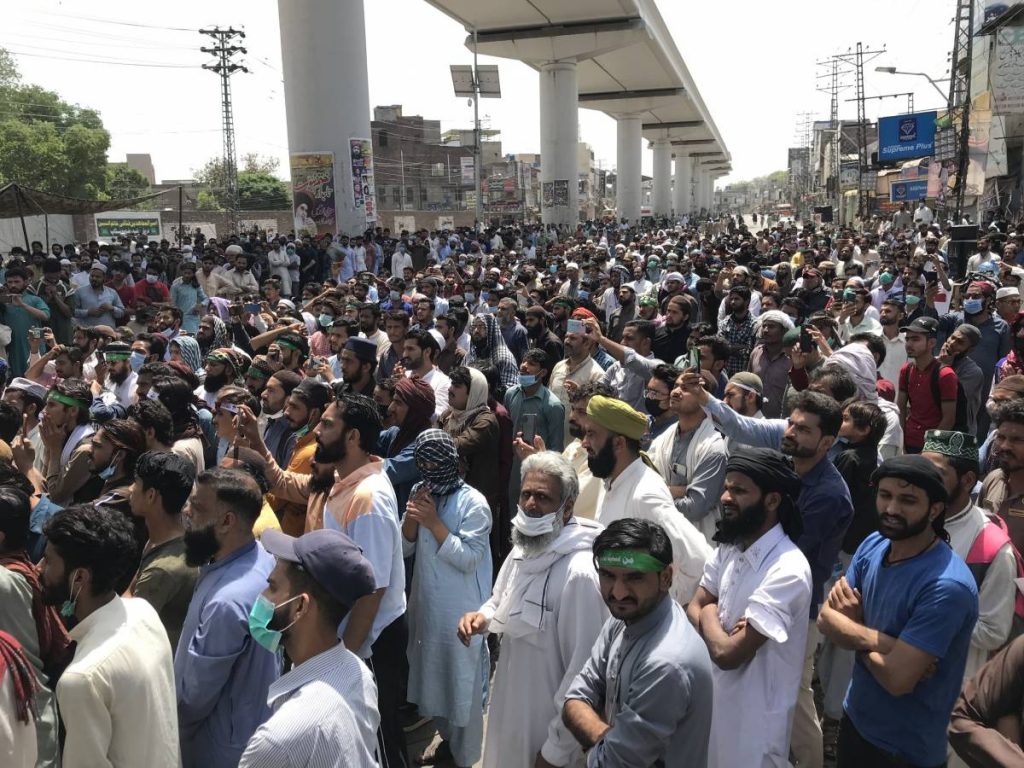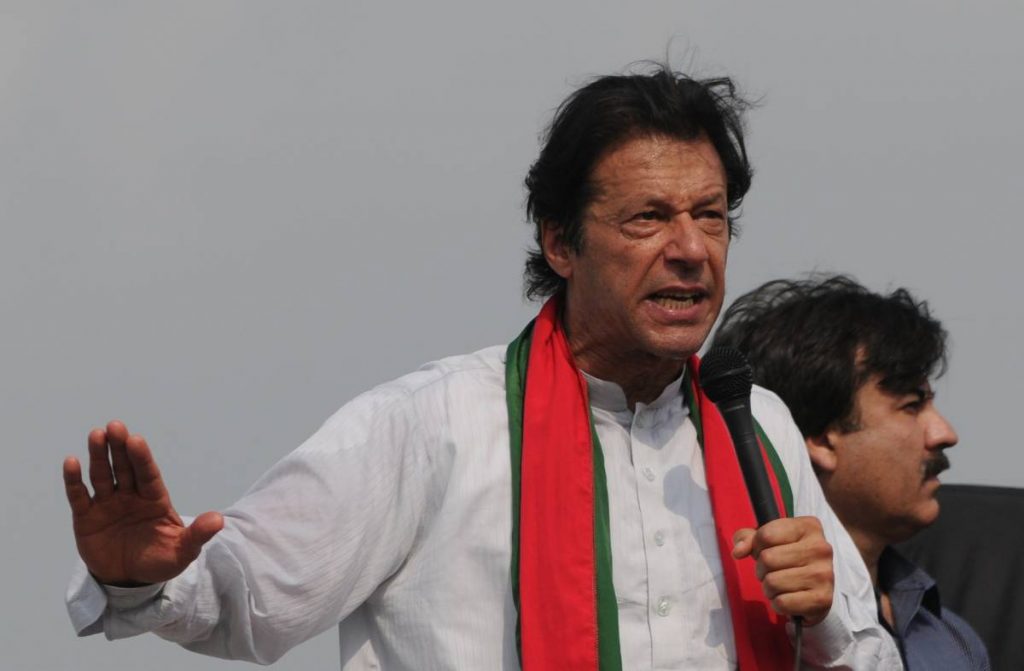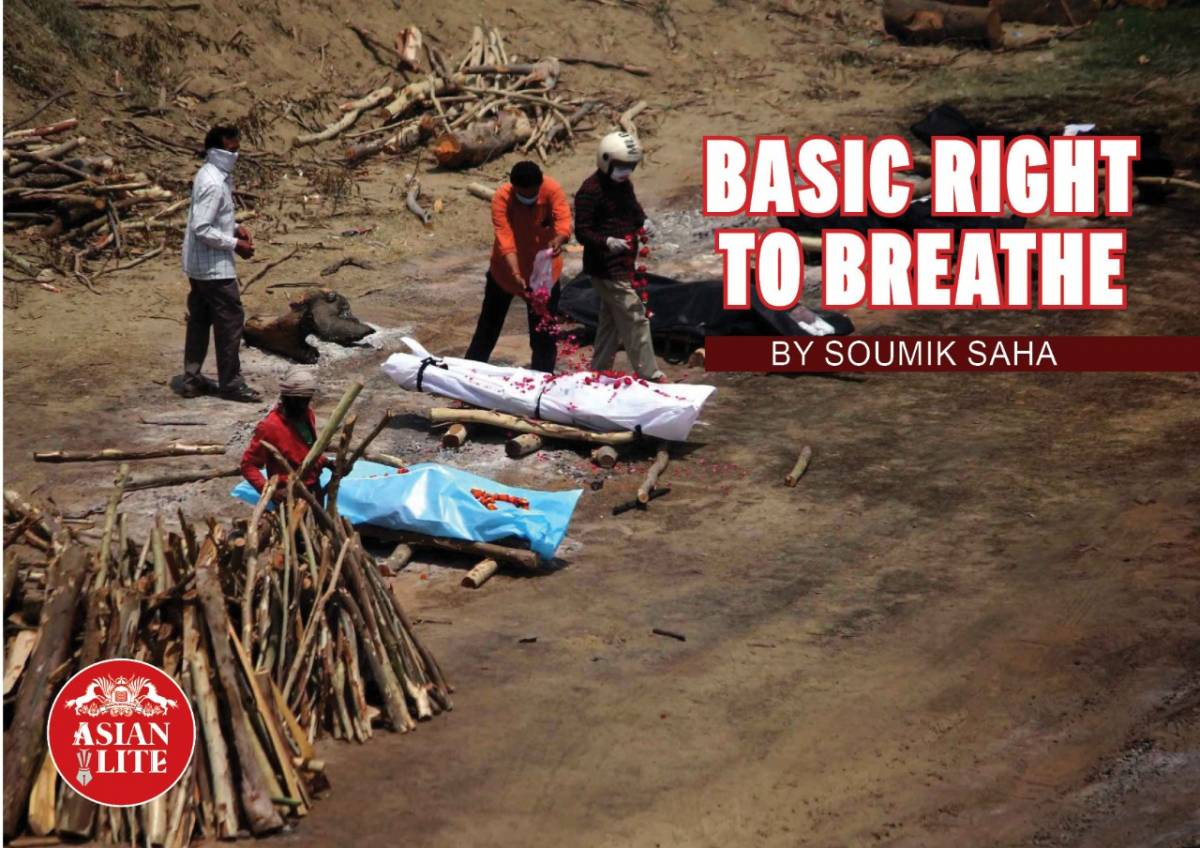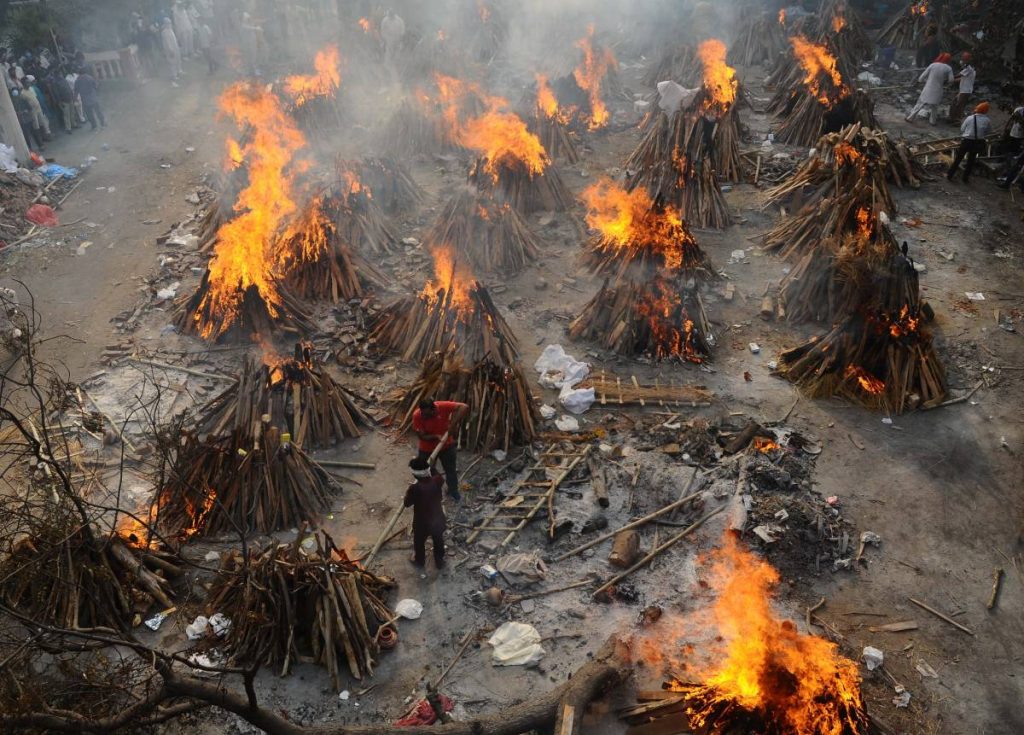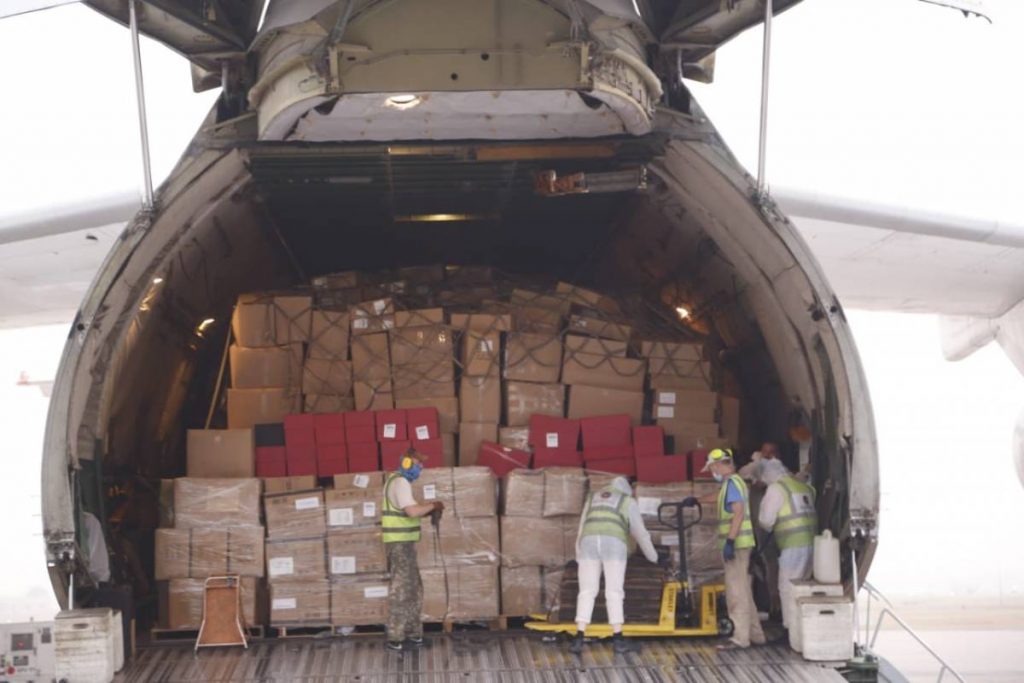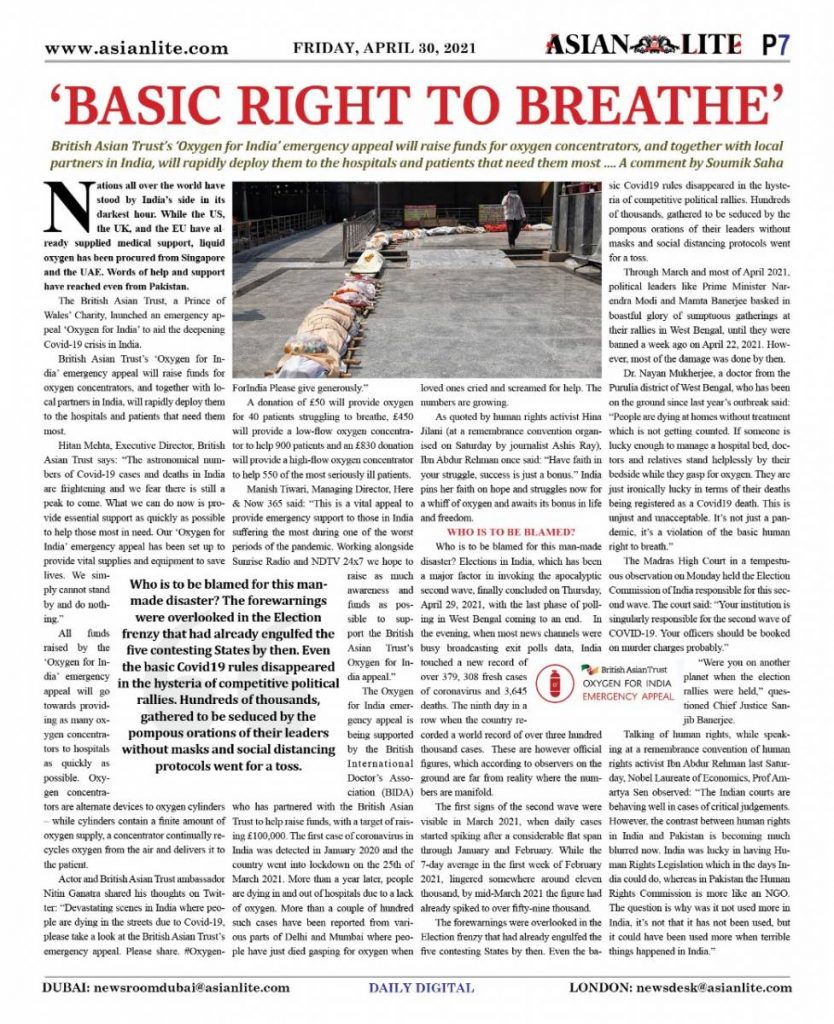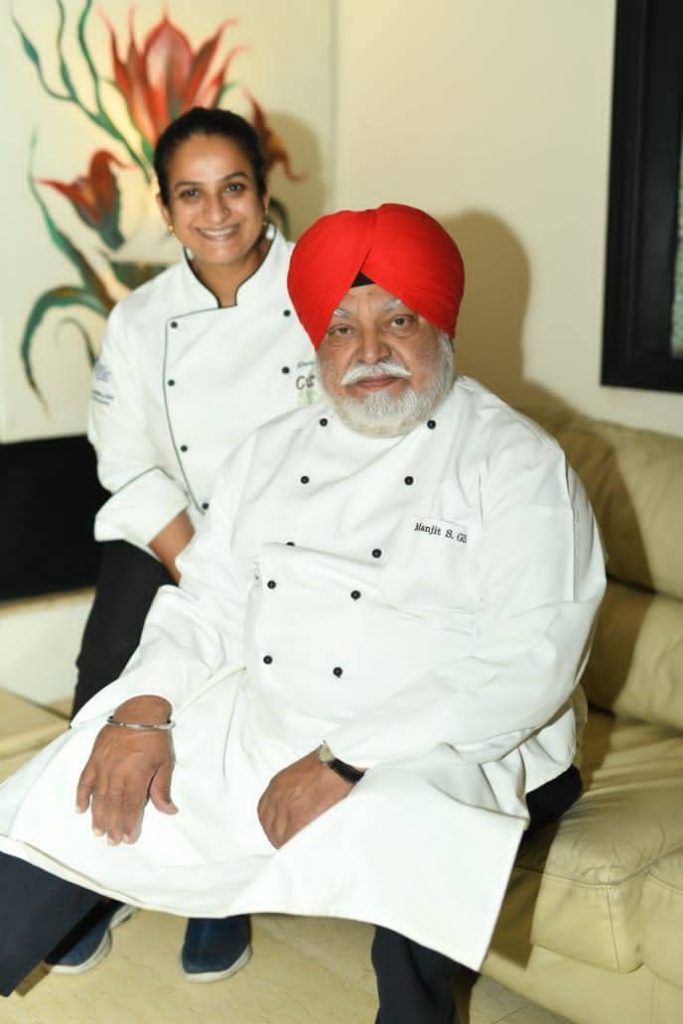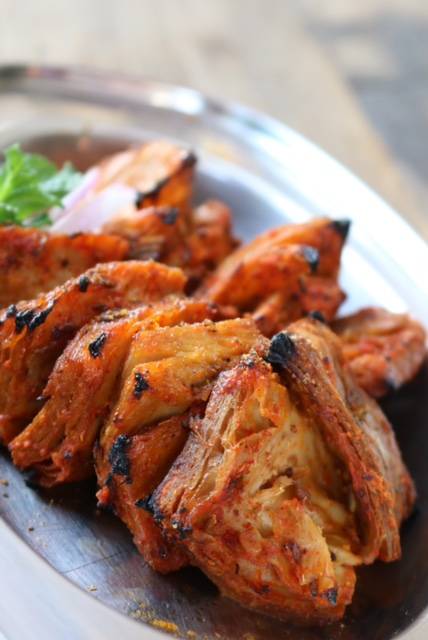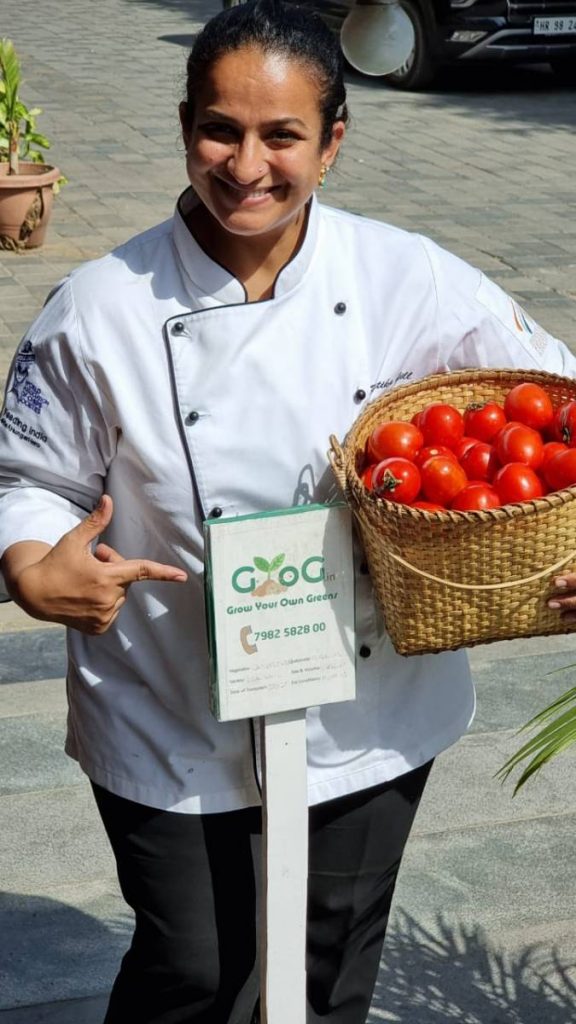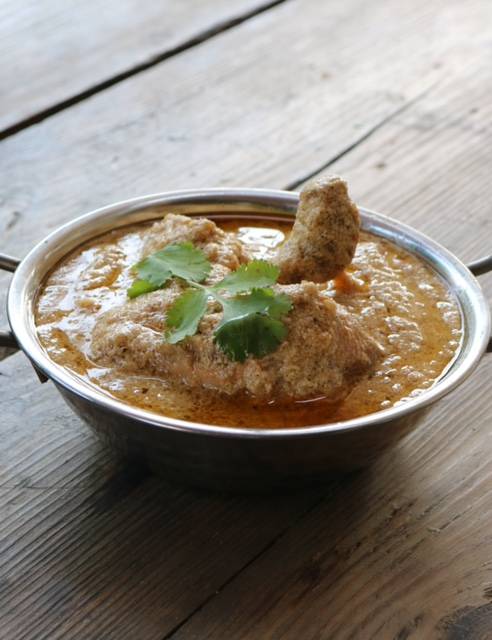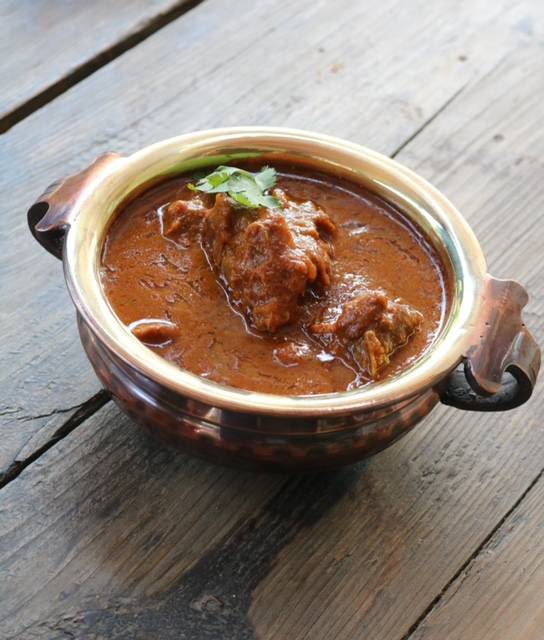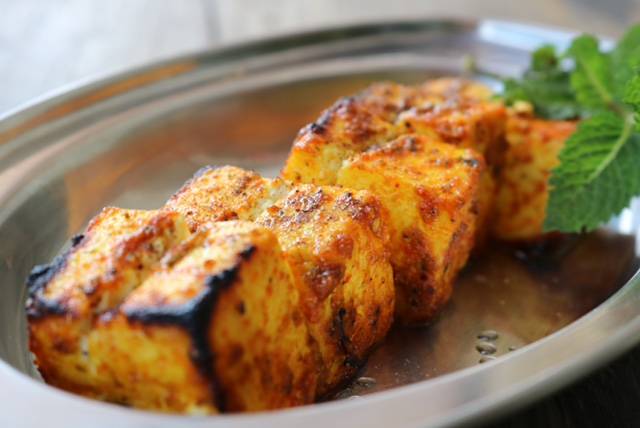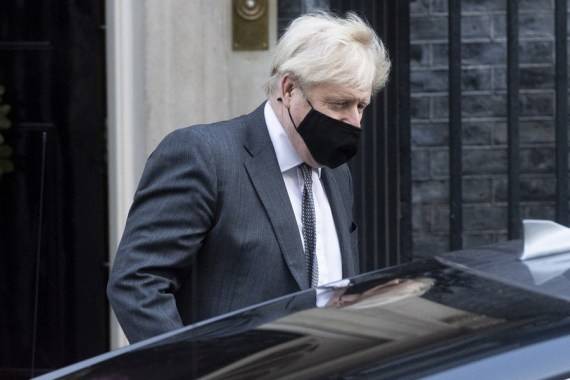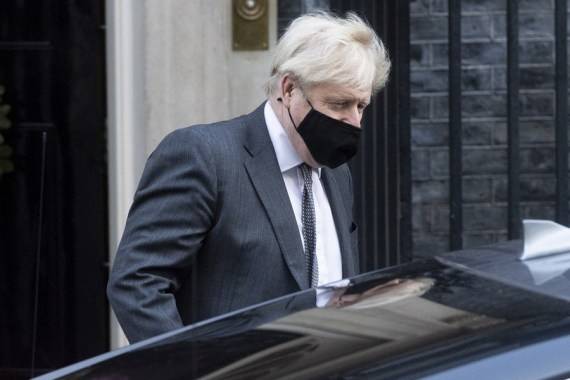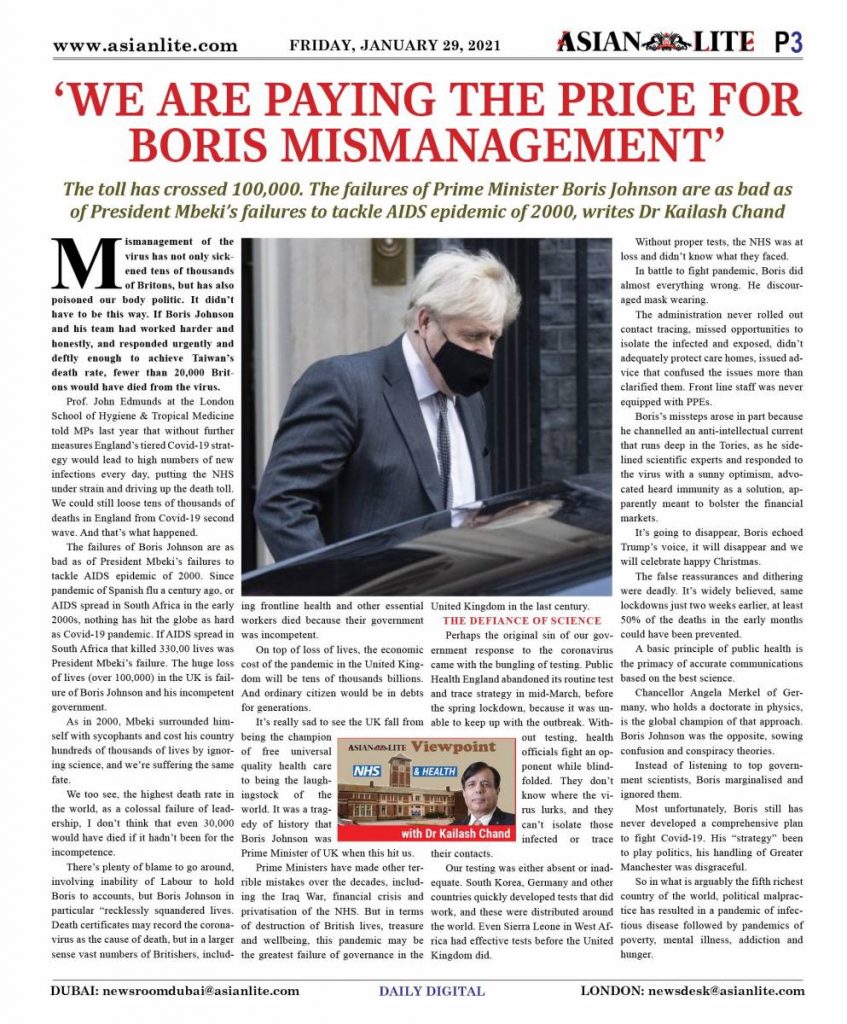Pinarayi Vijayan’s historic victory vindicates the Communist-led Left Democratic Front government’s people-focus rule …. Writes Sabin Iqbal
Not every firebrand, trigger-happy revolutionary gets the opportunity to become a seasoned statesman. Particularly, not one with a history of violent political feuds and a tempestuous past. As one attains political and leadership maturity, and becomes a people’s leader in a democracy, the angry storms of youth and an incendiary party are tamed, and tucked within, paving the way for a new brand of communist.
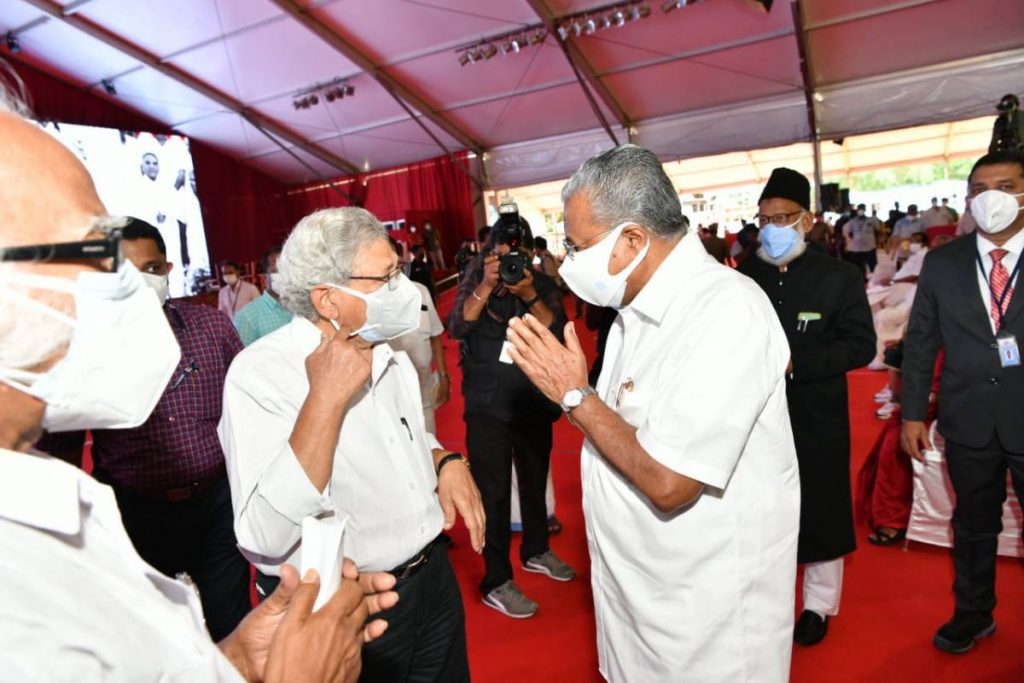
For years, Pinarayi Vijayan has been laying brick after brick to build this new visage of a communist leader, who is people-focused and investor-friendly.
Not many has his uncanny ability or the opportunity to weather the self-destructive storms within, and emerge as a statesman, standing up for his people, leading them in times of catastrophes, and giving them a glimmer of hope in a time of hovering dark clouds of communal hatred and religious and doctrinal polarisation.
The first chief minister of Kerala to overcome the anti-incumbency electoral pattern of the state to assume power in successive terms, Vijayan has shown flashes of transformation into a statesman, a far cry from his ‘eye-for-eye’ and ‘tooth-for-tooth’ image of his youth with ‘burning eyes and fiery tongue’. In other words, a walking away from the once unalloyed brand of communism to a corporate-friendly version. He may have his reasons for the drift, and they have been validated by the historical victory in successive elections.
His address to the people of Kerala on the day of the historical win on May 2 in which he underlined the importance of taking people into confidence, and of governance for the benefit of the people, we heard the early echoes of a leader trying to break free of political confines.
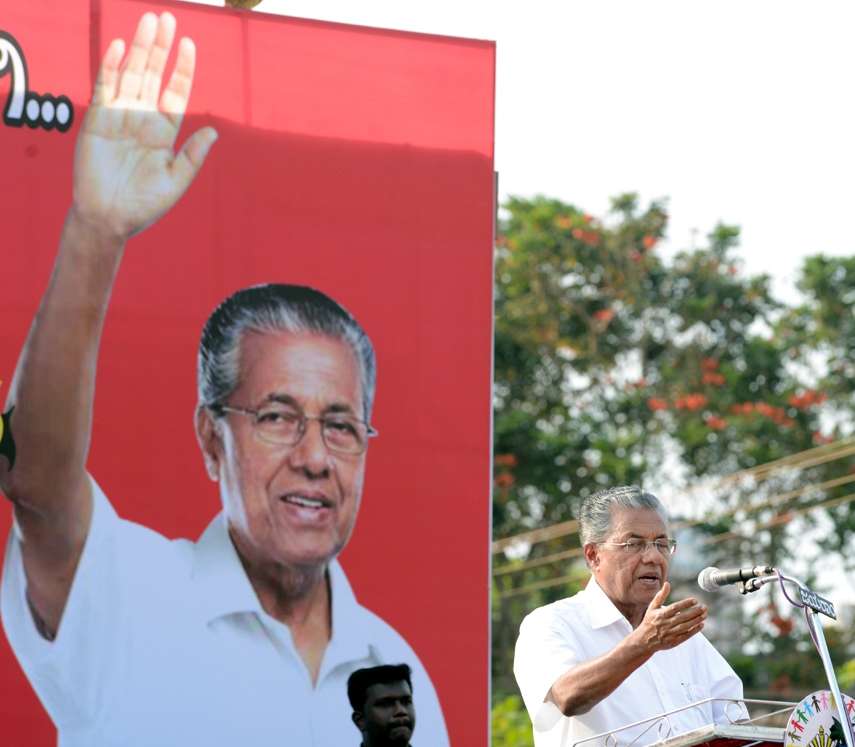
“This victory belongs to the people of Kerala. I thank you all for reposing faith in the LDF (Left Democratic Front) once again. We need to come together more than ever before to tackle this pandemic and to take Kerala forward in the path of development, welfare and secularism!” he tweeted. He also came down heavily on the UDF (United Democratic Front) legislator who moved court against the government’s Life Mission project. “In such times of disasters and distress, we should stand together, across the lines party divide,” he said in his victory speech.
Over the years, Vijayan has smudged the veracity of the red, drawing flak for his alleged soft-pedalling with the corporates, taking the party towards some detours which have not gone down well with the ‘puritans’ in the party. But Vijayan has evolved into a practical and pragmatic leader, and what we see now are also the signs of him evolving into a possible statesman of a leader.
If we look across Southeast Asia, we see the communist governments changing tack or facing the anger of the people because of the increasing degree of poverty and suffering. Doctrinal chimeras cannot keep hungry people quiet for long.
In fact, the floods that inundated Kerala in an unprecedented way, and the outbreak of Nipah virus, the cyclone that ravaged the southern coastal villages and now the coronavirus wreaking havoc have tempered and conditioned the leader in Vijayan. Crises bring forth character, and in his case, it has brought forth the inherent leadership qualities.
Not that he is going to have a walk in the park.
It is no secret that Kerala’s economy is a dog’s dinner. A consumer state, Kerala depends heavily on tourism, foreign exchange, taxes on booze, and, to an extent, returns from its IT industry. But that’s not enough to keep the wolf at bay. Successive governments have borrowed from international agencies, pushing the state into debt. Despite the high-brow projects under KIIFB (Kerala Infrastructure Investment Funds Board), the exchequer is as good as scraping empty.
Kerala’s total debt burden has seen an increase of 70.21 per cent in the five years from 2014-15 to 2018-19. The total burden of debts and interest was Rs 1,41,947 crore in 2014-15, and it shot up to Rs 2,41,615 crore in 2018-19, according to the CAG report. The per capita debt has also seen an increase from Rs 42,499 in 2014-15 to Rs 66,561 in 2018-19.
Vijayan has no magic wand. He came to power in the first term on a slogan that ‘LDF will set everything right’. Not that everything has been set right. But in the last five years, people in Kerala knew that there was a leader in place. Someone who had the chutzpah to stand up against the diktats of a Hindu right-wing Union government. He took them on, but brought it on his government what according to him was a witch-hunt by central agencies with a clear political agenda.

Now that he has won the people’s mandate for another five years on the promise of ‘delivering the promises’, the BJP, licking its electoral wounds and baying for his political blood, will make sure that the coming tenure will not be an easy ride for Vijayan or the LDF. Stifling the already-choked State for funds could be an easy method. The possible continuation of the central agencies’ intervention in the State’s affairs looms large.
Not that Vijayan is a saintly leader. Never. In fact, he has, at times, shown signs of highhandedness. He has earned the tag of ‘Modi in mundu’ for his style of leadership which often borders on being haughty and arrogant—at least to those outside the ring of his trusted allies and sycophants. Despite the occasional aberrations of oneupmanship and haughtiness, which may be forgiven in the larger context of able governance, and his ‘serious and hard-to-please look’, Vijayan the chief minister has begun to show signs of mellowing.
But the decision to bring in all-new cabinet for the second tenure was a surprise move. Though it has been termed as a decision by the party, one cannot absolve Vijayan of any role in the decision. Leaving out KK Shailaja Teacher, who had done remarkably well as Health Ministry and was hugely popular, was a real surprise move.
The UDF, especially Congress Party, has shrunk into insignificance. There has to be much soul-searching for the party, and its groups. They will be better off if they take a leaf out of the LDF’s book. Choosing a relative younger VD Satheeshan as Opposition leader is a welcome sign.
The new-gen communist leaders know that it is imperative that they catch the winds of change, lest they face the fate of the Congress Party.(A senior journalist, Sabin Iqbal is the author of two novels, The Cliffhangers, and Shamal Days.)


